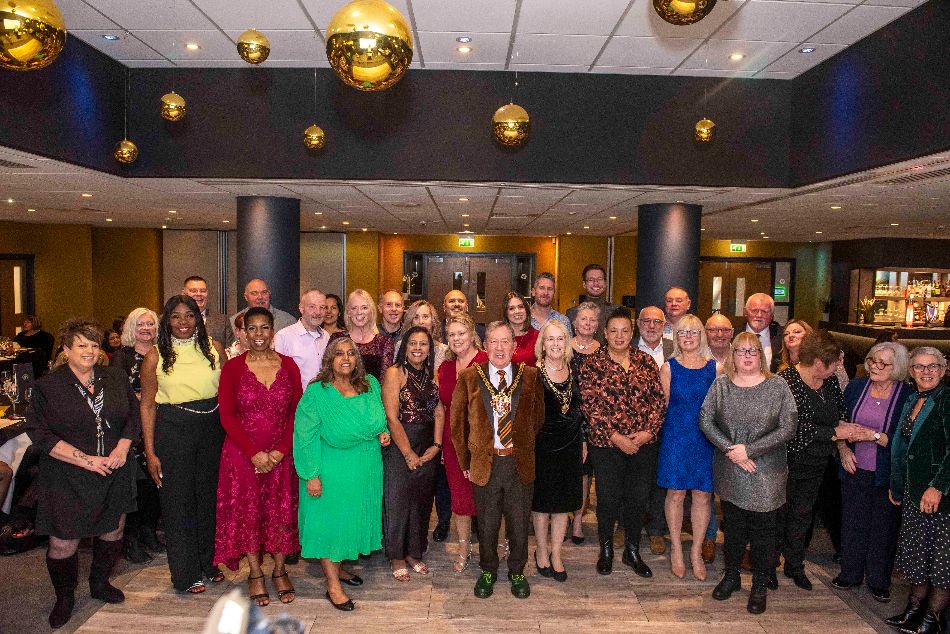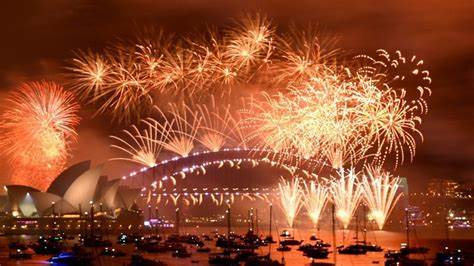Downtown in Business hosted its inaugural Business of Sport conference at the iconic Lancashire Cricket Club's Emirates Old Trafford, in Manchester.
The event, sponsored by Sedulo, BDP, VSI Executive Education, Everton Stadium and Escape Executive Chauffeurs, featured presentations from leading personalities and officials from a diverse range of sports including football, rugby, cricket, athletics, and tennis.
The conference focused on the economic impact of sport on cities; the legacy of major events such as the Olympics, the Euro Championships, and the Commonwealth Games, and the regeneration benefits of the new stadia, such as the London Stadium, the Tottenham Hotspur Stadium, and Everton’s Bramley Moore Dock development.
Former Manchester United and England player, Gary Neville, talks frankly about sport and business and why politics is not for him. The Downtown Sports conference was said to be one of the best they have have hosted.
In the course of a day, all were fully briefed on stadia, TV rights, agents, and the Saudi soccer threat and were told that women’s football was still fighting for recognition in the corridors of power. With sessions on mental health and motivation from Montell Douglas, Gary Neville’s contribution ranged far beyond football.
Downtown in Business is always mindful that they are catering for a business audience, with the conference title being ‘The Business of Sport’. Do sporting events and participation in sport really make a difference in economic terms?
It’s a good question because the day before they met at Lancashire Cricket Ground, Birmingham City Council had gone bust, just a year after hosting the Commonwealth Games. Big mistake claimed Max Caller, a top local government adviser who reported on a dysfunctional Liverpool Council.
The Games distracted the councillors, Caller claimed, from concentrating on the day job. Getting basic finances right should have been more important than claimed gains from the Games.
That’s not always the case Mr Caller. Manchester’s hosting of the same Games in 2002 projected Manchester City football club on a path to being the greatest club in Europe as well as regenerating the east of the city.
It was this positive approach that characterised the conference from the start. Anders Borg has been behind the Liverpool Tennis Tournament for 22 years. It hosted a 12-year-old Emma Raducanu nurtured World No 1 Men’s Doubles champion Neil Skupski.
Borg told the conference that KPMG brought all their Liverpool office staff to Aigburth during the tournament to introduce Wavertree school children to the world of accountancy. Former England and Everton player Trevor Steven spoke about his work with men in football and the construction industry who were reticent about mental health issues.
Then we came to the star attraction of the day, Gary Neville. He continued to support the idea of an independent regulator for football because, he felt, the Premiership was out of touch with the lower leagues. A 10% transfer levy could be passed down.
In answering questions from Downtown CEO, Frank Mckenna, Neville ranged across a wide number of subjects including his degree work with Lancaster University and his (not always successful) experiences starting up businesses.
It prompted the question to be ask as to why he had rejected the idea of trying to become a Labour MP or, one day, the elected mayor of Greater Manchester. He said he felt he could make more of a difference outside politics.
He also feared he would be “swallowed up”. It was interpretated that it meant he would be too outspoken for the Whips. It was an honest answer and a sad commentary on the amount of talent who nowadays won’t touch today’s “toxic politics”.
Paul Cheetham-Karcz from one of the sponsors, Sedulo, spoke of his “Be the Standard” initiative to bring the motivational techniques used in sport, to business. Yvonne Harrison, CEO of Women in Football issued a cautionary note despite the huge surge in sponsorship and interest in the women’s game.
She wasn’t sure the game would be in a different place in ten years because men still dominated the running of the game. A fascinating session on sports stadia focused on the redevelopment of Old Trafford Cricket (not football stadium which continues to crumble under the Glazers stewardship), the Etihad, and Bramley Moor Dock.
The cricket redevelopment had been led by The Point and the hotels to bring in business conferences and sporting fans. Tom Higgins (Laing O’Rourke) is always good value. He said the Etihad could have been it, but the vision of Manchester Council had led to the East Manchester regeneration programme.
Tom also criticised the media for reports that Everton’s financial issues could jeopardise the completion of the club’s new stadium. Richard Kenyon from Everton described how the fans had been consulted at all stages, both about the new venue and the legacy use of Goodison Park for the community.
David Murray’s name is little known, but he has been involved in broadcasting rights negotiations since the beginning of the Premiership. In his session he forecast that the America’s Major League Soccer would be more of a challenge to the Premier League than the Saudis.
He forecast sports like Rugby League would suffer as more and more money was ploughed into soccer TV packages. A rare glimpse into the world of agents was provided by Kelly Skeggs, CEO of Omni-sports.
She said their image would never improve due to the media, but they were essential to players and clubs alike to navigate the complexities of the transfer market. A great conference was rounded off with an inspirational contribution from Olympic runner, then bobsleigh competitor, now TV Gladiator Montell Douglas.











